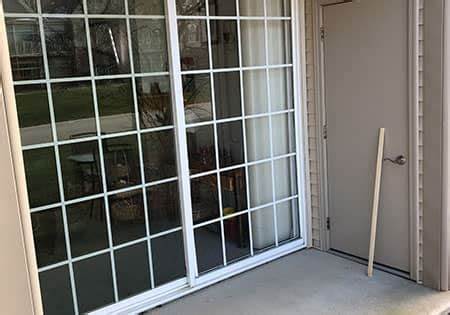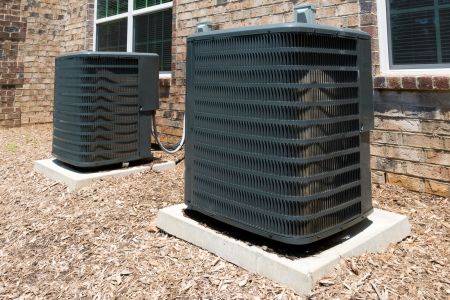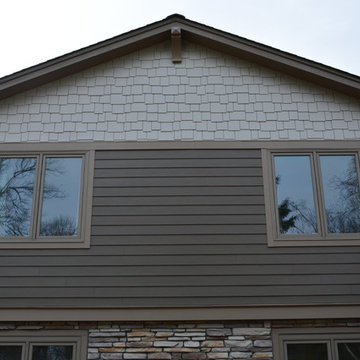When it comes to creating the perfect indoor environment, selecting the right air conditioner size is crucial. From understanding the impact of room size to calculating BTU requirements, this guide will walk you through everything you need to know to make the best choice for your space.
Factors to Consider

When choosing the right air conditioner size for your space, there are several key factors to take into consideration. These factors play a crucial role in ensuring that your air conditioner is able to cool your room effectively and efficiently.
Room Size Impact
The size of the room is a fundamental factor in determining the appropriate air conditioner size. A larger room will require a more powerful air conditioner with higher cooling capacity to effectively cool the space. Conversely, a smaller room will not need as large of an air conditioner to maintain a comfortable temperature.
Importance of Insulation
Insulation is another important consideration when selecting the right air conditioner size. Well-insulated rooms are able to retain cool air more effectively, reducing the workload on the air conditioner. In contrast, poorly insulated rooms will require a larger air conditioner to compensate for the loss of cool air through leaks and inadequate insulation.
Climate and Temperature Variations
The climate and temperature variations in your region also play a significant role in determining the appropriate air conditioner size. In hot and humid climates, a larger air conditioner with higher cooling capacity may be necessary to combat the heat effectively.
On the other hand, in milder climates, a smaller air conditioner may be sufficient to maintain a comfortable temperature.
Understanding BTU

In the context of air conditioners, BTU stands for British Thermal Units, which is a unit of measurement used to quantify the amount of heat an air conditioner can remove from a room per hour.When choosing the right air conditioner size for a room, it is essential to consider the BTU rating.
Choosing an air conditioner with the appropriate BTU rating ensures efficient cooling without overworking the unit or wasting energy.
BTU Ratings and Room Sizes
- An air conditioner with a BTU rating of 5,000 to 7,000 is suitable for small rooms up to 300 square feet.
- For medium-sized rooms between 250 to 550 square feet, an air conditioner with a BTU rating of 8,000 to 12,000 is recommended.
- Large rooms over 700 square feet may require an air conditioner with a BTU rating of 14,000 or higher.
Calculating the required BTU for a room involves considering the square footage, ceiling height, insulation, and other factors. A simple formula to estimate the required BTU is: BTU = (Length x Width x Height of the room) x 25.
Types of Air Conditioners
When it comes to choosing the right size air conditioner for your space, it’s important to consider the different types available. Each type has its own advantages and sizing requirements that can impact your decision.
Window Air Conditioners
Window air conditioners are a popular choice for smaller spaces or single rooms. They are typically more affordable and easier to install compared to other types. When selecting the right size window AC unit, consider the square footage of the room and the unit’s BTU rating to ensure proper cooling.
Portable Air Conditioners
Portable air conditioners are versatile and can be moved from room to room as needed. They are ideal for spaces where installing a window unit is not possible. When choosing the size of a portable AC unit, consider the size of the room and the unit’s BTU rating to ensure efficient cooling.
Split System Air Conditioners
Split system air conditioners consist of an indoor and outdoor unit connected by refrigerant lines. They are ideal for cooling larger spaces or multiple rooms. Sizing a split system AC involves calculating the total square footage of the area to be cooled and selecting units with the appropriate BTU capacity for each zone.
Central Air Conditioning
Central air conditioning systems provide whole-house cooling through a network of ducts and vents. They are designed to cool an entire home efficiently. Sizing a central AC system involves determining the total square footage of the house and selecting a unit with the right BTU capacity to ensure optimal performance.
It’s essential to choose the right type of air conditioner that suits your space and cooling needs to ensure maximum comfort and energy efficiency.
Installation Considerations
Proper installation of an air conditioner is crucial to ensure its efficiency and longevity. A poorly installed unit can lead to performance issues, increased energy consumption, and even potential safety hazards. Follow these steps to measure your space accurately and hire a professional for the correct installation.
Measuring Your Space
Before purchasing an air conditioner, it’s essential to measure the space you want to cool. Here’s a step-by-step guide to help you determine the right size unit:
- Measure the length and width of the room in feet.
- Multiply the length by the width to get the square footage.
- Consider other factors such as ceiling height, insulation, and sun exposure to adjust the square footage.
- Use a BTU calculator or consult an HVAC professional to determine the appropriate BTU capacity for your space.
Hiring a Professional
While it may be tempting to install an air conditioner yourself, hiring a professional is highly recommended, especially when it comes to installing a unit of the correct size. Here’s why:
- A professional will ensure that the unit is installed correctly, maximizing its performance and efficiency.
- Improper installation can void the warranty of the air conditioner, leading to potential costly repairs in the future.
- Professionals have the expertise and tools to handle the installation safely and efficiently.
Last Point
In conclusion, choosing the right air conditioner size is not just about staying cool—it’s about optimizing comfort and energy efficiency. By considering factors like room size, insulation, and BTU ratings, you can ensure that your indoor climate remains just right all year round.
Query Resolution
How does room size affect the choice of air conditioner size?
Room size directly impacts the cooling capacity needed, with larger rooms requiring air conditioners with higher BTU ratings.
Why is insulation important when choosing the right air conditioner size?
Proper insulation helps maintain the desired temperature in a room, reducing the workload on the air conditioner and ensuring efficient cooling.
What is the significance of climate and temperature variations in selecting the right air conditioner size?
Climate and temperature variations determine the cooling load on the air conditioner, influencing the BTU rating needed for effective cooling.
How do different types of air conditioners vary in sizing?
Window units, portable air conditioners, split systems, and central ACs differ in size and cooling capacity, catering to various space requirements.
Why is proper installation crucial for an air conditioner’s efficiency?
Correct installation ensures optimal performance and energy efficiency, preventing issues like air leaks and inadequate cooling.







